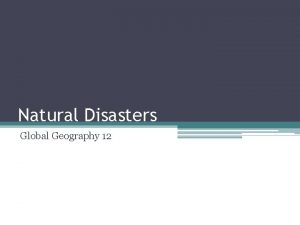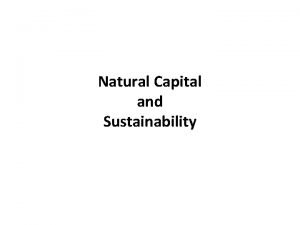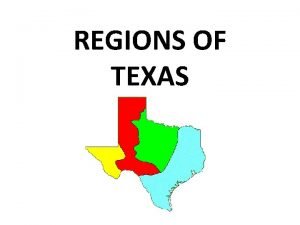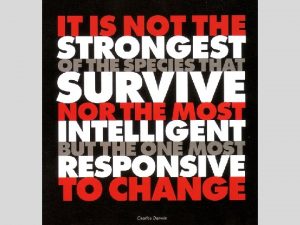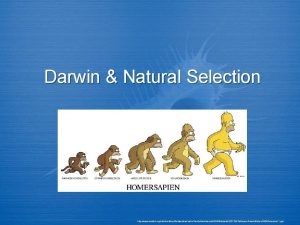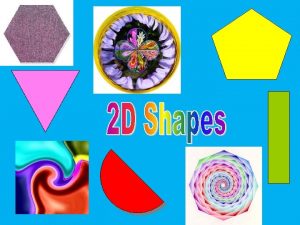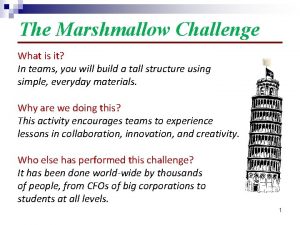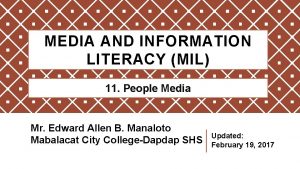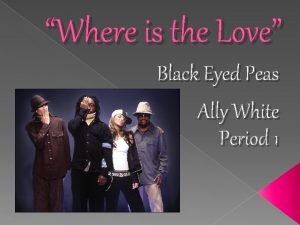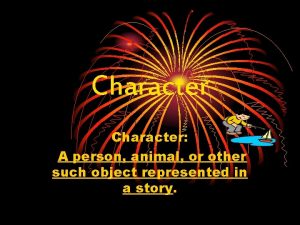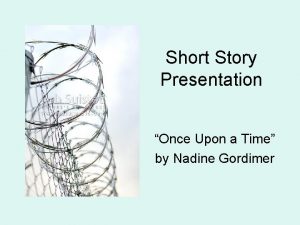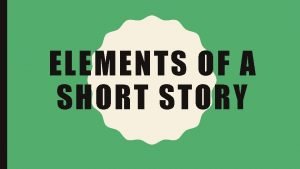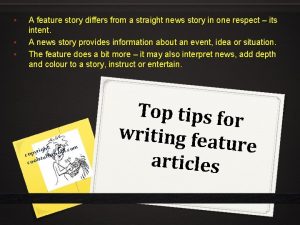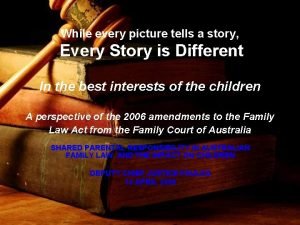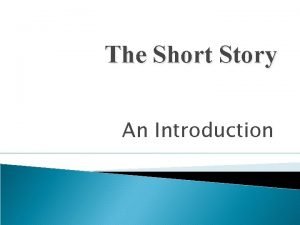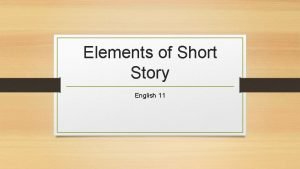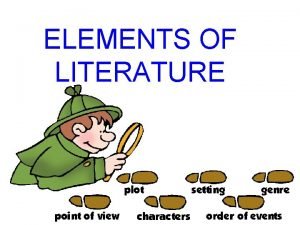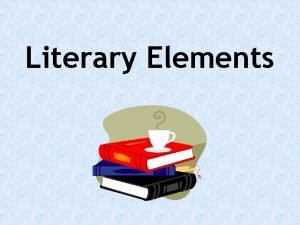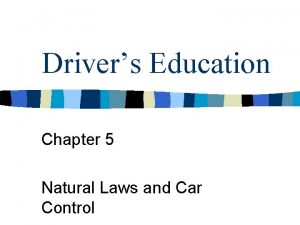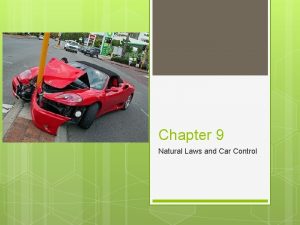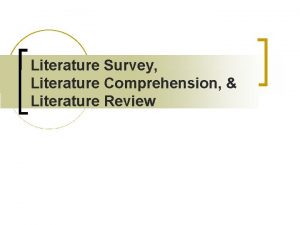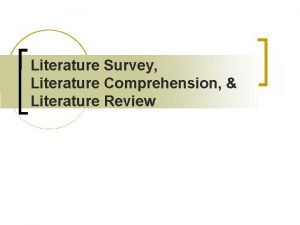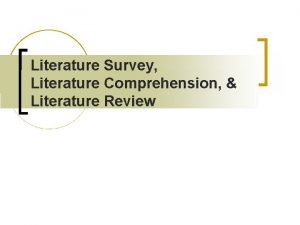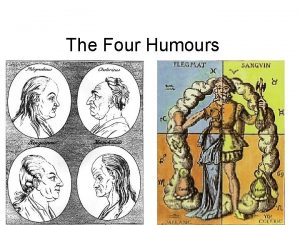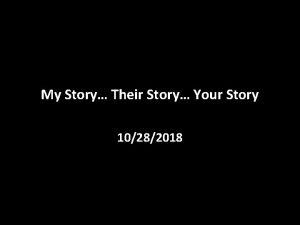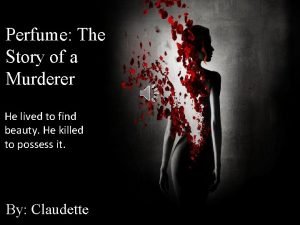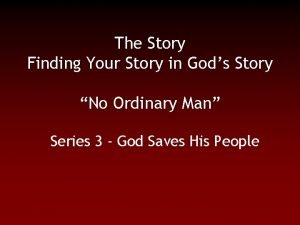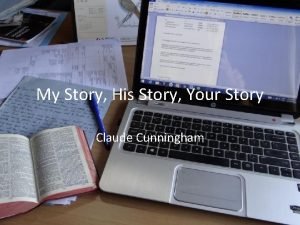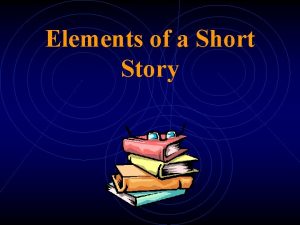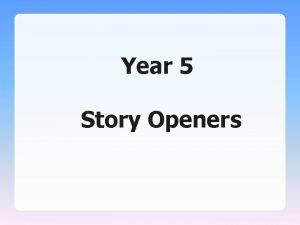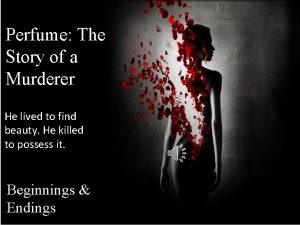Chapter Four Literature Literature People are natural story






























- Slides: 30

Chapter Four Literature

Literature • People are natural story tellers. • Literature should not be locked away in libraries • Examples of major types, or genres are: – The poem – The novel – The short story • Some are classics: still relevant beyond their time • Some are masterpieces: exceed what other writers were doing at the time

Literature • Classics: A literary work that continues to be read for years, even centuries, after its initial appearance because it remains relevant (p. 99). • Masterpiece: A literary work acknowledged to tower above others of its time because of its style, execution, memorable characters, or profound meaning: Not necessarily recognized in its time (p. 99). – Ex. Moby Dick (1850) – recognized 75 years later (review published in 1924) - 33 years after Melville’s death. – Emily Dickenson – few poems were published in her lifetime, were altered. Recognition came after her death

Literature as History Basic Literary Impulse: Identity • People’s impulse is to leave behind a record of themselves. • Grapes of Wrath (1939) – John Steinbeck – Westward migration of dispossessed Oklahoma farmers (Okies) – Nameless – Looking for the promise of new beginning in the west.

Literature as History The First Epic: Gilgamesh • Epic: emerged in early societies, is a long narrative poem recounting the actions and adventures of a hero who is courageous, strong and smart, but not necessarily moral. • Gilgamesh: one of the earliest epics. Discovered in the 7 th century B. C. E. Story of a king in the city of Uruk (present day Iraq) Lived around 2700 B. C. E. Gilgamesh was a kind of super hero. So much so that the gods were intimidated by him and created Enkidu, his kinder, gentler alter ego. – Epic builds to a spectacular wrestling match between the two which ends in a tie, suggesting humanity needs both aggression and compassion in order to survive. – However Gilgamesh lives longer than Enkidu. What was the author suggesting? – –

Epic of Gilgamesh The Epic of Gilgamesh may be the oldest written story unearthed to date. It was originally written on 12 clay tablets in the cuneiform script of ancient Sumeria. Tablet 11 of the Epic of Gilgamesh contains an extensive flood story that’s similar in many ways to the biblical account in Genesis.

Cuneiform script is one of the earliest known systems of writing, distinguished by its "wedge-shaped" marks on clay tablets, made by means of a blunt reed for a stylus. The name cuneiform itself simply means "wedge shaped"

Homer’s The Iliad

Literature as History Homer’s Iliad • Dates between 1200 and 850 B. C. E. • Different theories – one is that it was composed over several centuries and therefore the work of several authors. • Possible that a poet named Homer was the last known author. • Seems an effort to give the nation of Greece a cultural history and a sense of community

Literature as History Homer’s Iliad • The epic leads up to the ten-year war against Troy, known to Homer as Ilion. – Name means “The Song of Illion” – May have initially been sung to remember it all. • No language as such. More like symbols, plus no printing, so much was remembered with rhyme and song.

Literature as History Homer’s Iliad • Portrays the city of Troy sympathetically • Achilles is the brave Greek hero – Subtitled “The Wrath of Achilles” • Hector exhibits the tragic flaw of pride • Note: Trojan horse does not appear in the Illiad – Appears in Virgil’s The Aeneid. • The author(s) did not separate the two main characters into good and bad, protagonist and antagonist. Very sophisticated approach which will influence writing a few centuries later. – A masterpiece http: //education-portal. com/academy/lesson/the-iliad-greek-epic. html#lesson

Literature as History Homer’s Iliad • Being sung for centuries, the story may have changed somewhat and gradually become a tragic epic. • Pride became a major theme for the Greek tragedy. • “Humanization” of characters. Helps them stand apart from others. • Common people would not enter the literary scene in any major way for more than 2000 years.

Literature as History Homer’s Iliad • What eventually destroys Hector, and troy, is bravery, which is also a source of greatness. • The suggestion - to be great is to be tragic – • Message – that human beings in their finest hour always reach beyond their abilities. • Must pursue goals even of you have no chance of achieving them. • A masterpiece. Conflict within characters.

Poetry • The epic is also narrative poetry that tells a story. • This tradition grows into sophisticated tradition of Lyrical Poetry. – Name derived from the lyre, an instrument used to accompany the sung poem.

Poetry • Sappho – (Greek) may have been the first poet on record to write about deeply personal feelings. Played the Lyre, referred to herself in poetic prayers. – Introduced theme of unrequited love/passion. – Most famous poem, Ode to Aphrodite – Sappho's poetry centers on passion and love for various people and both sexes. The word lesbian derives from the name of the island of her birth, Lesbos, while her name is also the origin of the word sapphic; neither word was applied to female homosexuality until the 19 th century. • Catullus – Roman – Both often wrote about love, especially lost or unrequited love. As would Shakespeare centuries later.

Poetry • Shakespeare’s Sonnets – Wrote 154 sonnets (developed in 14 th c. and perfected by Shakespeare. – 14 lines, rigid requirements of meter and rhyme • Plays are written in blank verse, unrhymed iambic pentameter – Blank verse: has rhythm but does not rhyme – Iambic pentameter: classical rhythmic scheme used in English verse; 5 unstressed syllables followed by a stressed syllable. • Often ends a scene with a couplet – two rhyming lines. Makes it seem natural and not obvious.

Poetry Shakespeare’s Sonnets • When, in disgrace with fortune and men's eyes, I all alone beweep my outcast state, And trouble deaf heaven with my bootless cries, And look upon myself, and curse my fate, Wishing me like to one more rich in hope, Featur'd like him, like him with friends possess'd, Desiring this man's art and that man's scope, With what I most enjoy contented least; Yet in these thoughts myself almost despising, Haply I think on thee, and then my state, Like to the lark at break of day arising From sullen earth, sings hymns at heaven's gate; For thy sweet love remember'd such wealth brings That then I scorn to change my state with kings.

Poetry • Metaphors: an abstract idea, such as love, explained in terms of something that is visual and concrete, such as a rose. – Shakespeare’s “Juliet is the sun” • Connection between an inner feeling and an outward manifestation. • Conceit: John Donne famous for this – an elaborate and extended association between two dissimilar things. – His wish to surrender himself to God, letting go of ones involvement with evil, as a desire to be kidnapped and ravished by a dashing lover. (pg. 80)

Metaphors • Metaphors slip into almost all of our language and play a large role in shaping our attitudes. Here is an exercise that will show often we use metaphor. • Please list 10 verbs connected with the kitchen (e. g. , sauté, chop, cut, chew, drink). Then make a list of 10 nouns connected with your favorite vacation spot (e. g. , sand, umbrella, chair, wave). Then pick a noun and a verb with which to create a sentence. I would like you to do at least five sentences in all. (e. g. , The wind chewed the umbrella to pieces). Be sure to use the same form (verbs as verbs, nouns as nouns) in your sentences. (do not use “like” or “as”) • This exercise allows you to see how we use metaphors constantly without realizing it.

Poetry • Haiku: a short poetic form based on oneness with the natural world – Also strict rhyme scheme • Seventeen syllables distributed as 5 -7 -5 over three lines – Much of this poetry springs from Buddhist tradition discouraging rational sequences in favor of sudden intuitive insights. – Challenges the poet to capture an image and idea swiftly, and explore inner self.

Poetry - Haiku Detestable crow! Today alone you please me – black against the snow Oh, don’t strike the fly! See? With knees bent and hands clasped he prays for his life

Poetry - Haiku The last winter leaves Clinging to the black branches Explode into birds. Facebook is like a Wormhole - it brings old friends close. And it sucks up time

The following are typical of haiku • A focus on nature. • A "season word" such as "snow" which tells the reader what time of year it is. • A division somewhere in the poem, which focuses first on one thing, than on another. The relationship between these two parts is sometimes surprising. • Instead of saying how a scene makes him or her feel, the poet shows the details that caused that emotion. If the sight of an empty winter sky made the poet feel lonely, describing that sky can give the same feeling to the reader.

How to write a haiku • Write two lines about something beautiful in nature. Don't worry about counting syllables yet. • Write a third line that is a complete surprise, that is about something completely different from the first two lines. • Look at the three lines together. Does the combination of these two seemingly unrelated parts suggest any surprising relationships? Does it give you any interesting ideas? • Now rewrite the poem, using the 5 -syllable, 7 -syllable, 5 -syllable format and experimenting with the new ideas or perspectives that have occurred to you.

For Thursday • Read Howl by Allen Ginsberg • One page on each – what do you think these poems mean? What is each writer communicating? • After writing about your initial response to each, do some research on both Ginsberg, Oldenburg, and Beat poetry. Has your understanding changed? How so?

Howl by Allen Ginsberg • • • What is the structure of the poem? What is it about? Why was this poem censored? Is there a point to Ginsberg's outrage, or is he just letting off steam? What is the poem's attitude toward religion? Would you consider this to be a "religious poem"? Why do you think so many people who don't usually like poetry love this poem? What do you think is the single most striking image of the poem in your mind, and why? Do you think the poem's political views are admirable or irresponsible? How might a political opponent respond to Howl? What did you learn about Beat culture in general from reading the poem? Are there elements of humor in this poem, or is the poem completely dominated by anger and sadness? Who/what is Moloch? Why is a reference to Moloch important? Is it important?


For Tuesday • Research a poet of the Harlem Renaissance and select a poem by this poet that appeals to you. • Do some light research on the writer. (wikipedia) • Discuss this poem in the light of these aspects of modern poetry: – making the reader see life with a different set of eyes, – avoiding traditional or predictable rhymes and rhythms, – startling or moving the reader with a sudden insight or revelation • Should be 1 -2 pages, include brief historical background and the poem.

See you Thursday!

 Insidan region jh
Insidan region jh The story of four people
The story of four people Natural hazards vs natural disasters
Natural hazards vs natural disasters Natural capital
Natural capital Geographic regions of texas
Geographic regions of texas Natural selection ted ed
Natural selection ted ed Wuhsd
Wuhsd 4 straight sides
4 straight sides Four eyes in four hours
Four eyes in four hours Natural resources examples list
Natural resources examples list Marshmallow challenge rules
Marshmallow challenge rules Sample of people as media
Sample of people as media Black eyed peas
Black eyed peas Recovery community
Recovery community People just people
People just people What are the four parts of a story
What are the four parts of a story Four sides to every story
Four sides to every story The main person animal or object in a place
The main person animal or object in a place Four elements of gothic literature
Four elements of gothic literature Once upon a time by nadine gordimer theme
Once upon a time by nadine gordimer theme Elements of narrative writing
Elements of narrative writing What type of story element concludes a story
What type of story element concludes a story Straight news story
Straight news story Every picture has a story and every story has a moment
Every picture has a story and every story has a moment Short fiction story
Short fiction story What is the short story
What is the short story What are the five elements of a short story
What are the five elements of a short story How is setting important in a story
How is setting important in a story Short story with elements of fiction
Short story with elements of fiction Chapter 5 natural laws and car control worksheet answers
Chapter 5 natural laws and car control worksheet answers Chapter 9 natural laws and car control
Chapter 9 natural laws and car control


